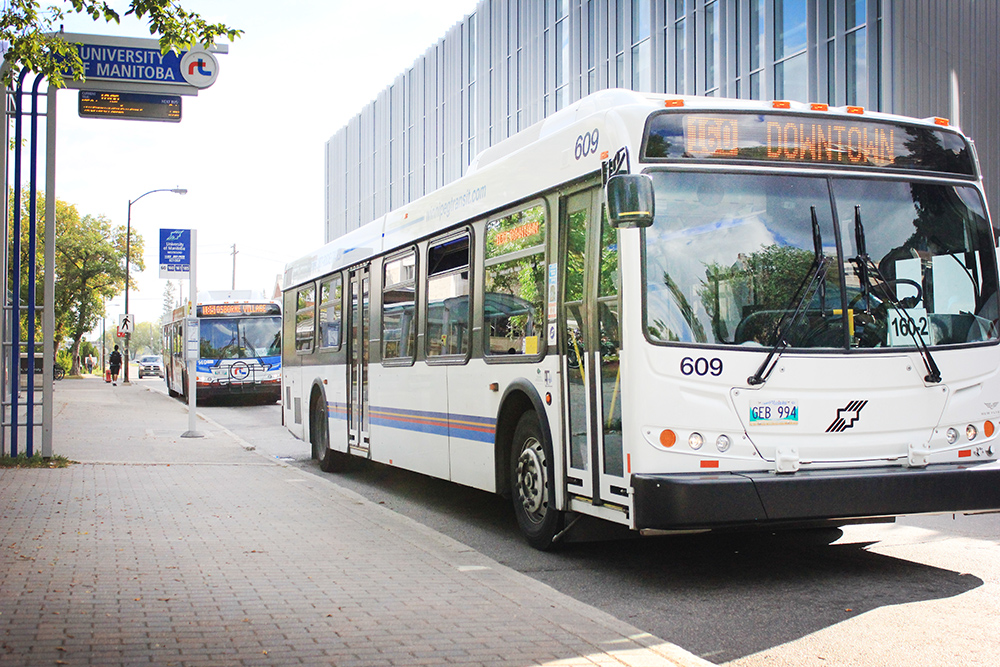
Investment in transit infrastructure opens door for sustainable engineering
News that the City of Winnipeg has received funding to begin transitioning to zero emission buses, amongst other transit related investments, was welcomed news for many, including Dr. Nazim Cicek in the Department of Biosystems Engineering. Cicek, an advocate for sustainable transportation and design, was pleased that the city is moving towards green transit and is excited about what possibilities the investment will have for the engineering community.
Recently, the Government of Canada, the Province and Manitoba and the City of Winnipeg announced a joint investment of more than $478 million. Through this investment the city will begin to transition to zero emission buses, design and build a new North Garage, improve accessibility for riders, and start design work on new rapid transit corridors. This significant investment means less pollution in the air and more opportunity to inform and promote EV transportation, a win-win as Cicek sees it.

Dr. Nazim Cicek is a professor in the Department of Biosystems Engineering.
“It is exciting to see the City of Winnipeg move towards transit bus electrification. Replacing imported diesel with clean Manitoba electricity has many sustainability benefits including lower GHG emissions, less air pollution, reduced noise (for both ridership and neighbourhoods), lower maintenance requirements, and lower overall life-cycle costs. It also provides citizens with the opportunity to experience electric transportation, get inspired by technology that promotes sustainability, and take pride in their city and Province,” said Cicek. “Winnipeg should follow other major cities in the world, which are phasing out diesel buses by committing to only purchase zero-emission buses going forward.”
A faculty member for the past 20 years, Dr. Cicek has developed a strong research program in the area of waste management. He has published 130 papers in refereed journals and received over $3M in research funding.






